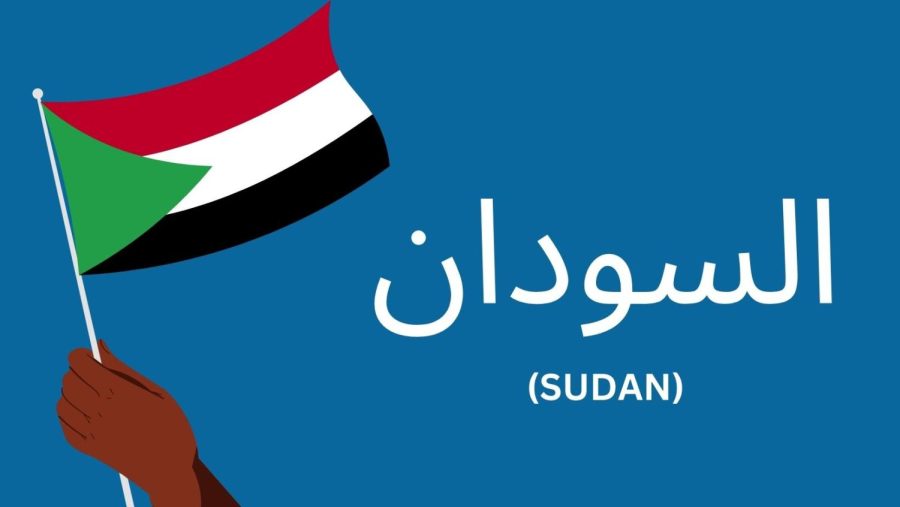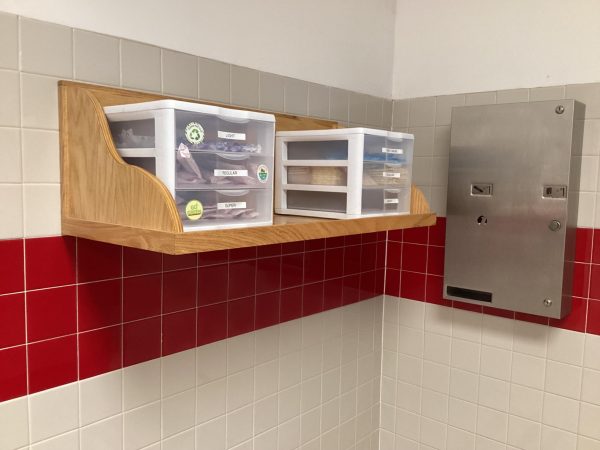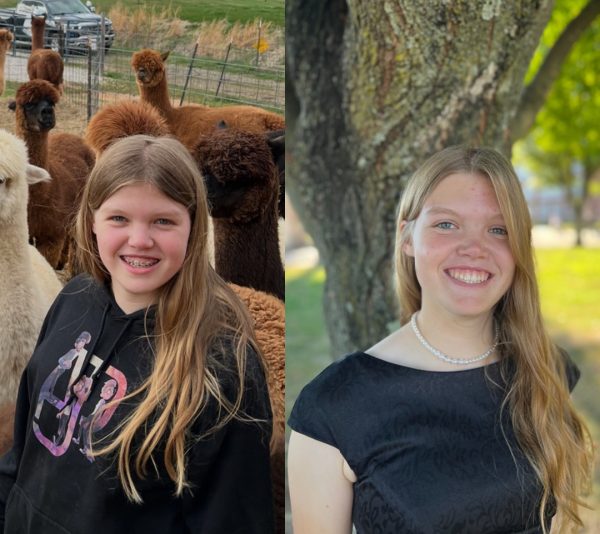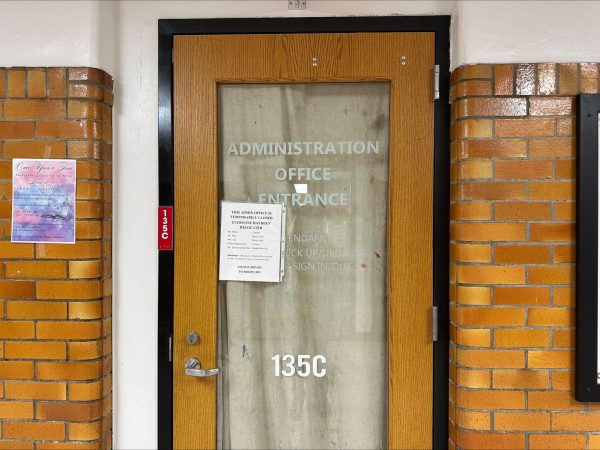Sudan Conflict: A Future of Uncertainty
Created in Canva, the graphic displays the flag of Sudan alongside the country’s name written in Arabic. The blue background represents #BlueforSudan, a social media movement in 2019 where users changed their profile pictures to blue in solidarity with protestors in Sudan.
“Sabr” is an Arabic term which translates to patience that the people of Sudan know all too well. On April 15, fighting erupted in the country’s capital of Khartoum between two military factions, the Sudan Armed Forces (SAF) and the Rapid Support Forces (RSF), with innocent civilians caught in the middle of it all.
At the center of the violence is a power struggle between newly rival generals. Gen. Abdel Fattah al-Burhan heads SAF, and Gen. Mohamed Hamdan Dagalo, commonly referred to as Hemedti, leads the RSF.
In 2019, the two men united to oust longtime Sudanese dictator Omar al-Bashir, who ruled the country for three decades, in a military coup following months of protests by civilians against the ruler. Pro-democracy protests continued, and a civilian-military government was established and later overthrown in a second coup in 2021.
Disagreements surrounding the implementation of civilian rule and integration of the RSF into Sudan’s military have caused tension among both groups as they seek control of the country. Military clashes have left over 450 people dead and thousands more injured in Khartoum and other locations.
As headlines surrounding the events taking place in Sudan trickled onto major news platforms in mid-April, I recall re-reading them in utter shock, refreshing pages only to uncover more devastating news. As a Sudanese American and someone who has family residing in the capital, the sight of social media platforms riddled with posts by eager loved ones seeking assistance locating missing family members and stories of beloved members of Sudanese communities who have fallen victim to this crisis is heartbreaking.
Overhearing my parents urging their families to leave the capital and their homes behind out of concern for their safety is something forever embedded in my memory. Worried phone calls made overseas by them are often met with expressions of fear, and an optimistic attitude that things will improve is evident in discussions. But it is not easy to maintain a positive mindset when you can’t sit comfortably in your home out of fear that it will be robbed, raided, or left in ruins.
It is difficult to explain the magnitude of the situation without acknowledging the time at which it started. Fighting began during the Islamic holy month of Ramadan, a time meant for self-reflection, empathy and compassion, yet civilians found themselves hiding under their beds as the sound of gunfire filled the streets, or fleeing the country they once called home to a neighboring one, risking possibly never returning or seeing their family again. This continues to be the experience of countless civilians in Sudan even after the end of Ramadan as they struggle to acquire basic necessities and are constantly confronted by life-or-death decisions.
With 2023 marking four years since al-Bashir was overthrown, an event that brought abundant hope to the country, suggested long-awaited changes were approaching and proved the protests involving people putting themselves in harm’s way dreaming of something better for future generations weren’t for nothing, it’s hard to imagine that such a substantial step backward would be taken in Sudan. Is it too much to ask that people who have suffered for years, who have been the recipients of unfulfilled promises involving the establishment of a democratic government, have their voices heard? Is the desire to acquire such power necessary to the extent that people lie dead in the streets as a result of a conflict they did not take part in?
For more information about the humanitarian situation in Sudan and to learn about what you can do to help, click here.
CORRECTION: 2023 marks four years since al-Bashir was overthrown. This article was updated 5/2/23.

Yasmeen Alamin is a senior and a first-year staff member of The Journal. She is involved in various extracurriculars, including Key Club, the PHS science...











